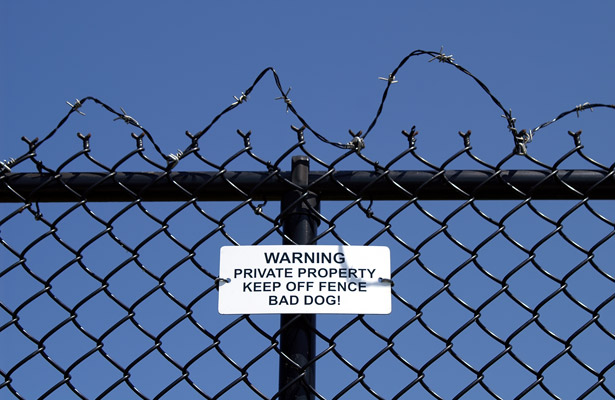
 Since the launch of Google's Penguin update in April, sites that rely on black-hat link building including purchased links and link exchanges, have had their page ranking penalized.
Since the launch of Google's Penguin update in April, sites that rely on black-hat link building including purchased links and link exchanges, have had their page ranking penalized.
The question has been, exactly how is Google deciding if you're using black-hat techniques. The answer, based on past experience, is that they're making an educated guess.
There have been plenty of horror stories circulating since Penguin was pushed live, ranging from sites penalized because an employee linked to their day job, to spammers suing over spam-links they inserted themselves. Most of these are just scare stories, but genuine issues have arisen.
Until now, you were forced to accept their initial judgement, but yesterday Google used Pubcon in Las Vegas to unveil its much-anticipated Link Disavow tool as part of their Webmaster tools.
Imagine if you will, you've spent months building and designing a site for your own web design agency. You've followed all the best practices and you haven't used any black-hat techniques because that's not something you'd do. Checking your stats you see that WebdesignerDepot.com has noticed, linked to you and as a result, a fair amount of traffic is being driven to your site.
A link from us is great, a web design blog linking to a web design agency is relevant, and Googlebot smiles down upon you.
Checking your stats a few weeks later you notice a link you didn't expect from a site devoted to knitting booties for stray cats. You look up the page and discover it's your Mom, she's very proud of you and wants to help you drum up some business.
The link from the knitting site is bad news. Googlebot thinks this link is spam because it can't see any relevancy; it's not so much cross, as disappointed.
The correct thing to do in this scenario is to ask your Mom to remove the link, but if that's too hurtful, you now have the option to disavow the link; leave it in place and suggest — it is only a suggestion — that Google ignores it.
Keep-out image via Shutterstock.
The advice from Matt Cutts, head of webspam at Google, is "Most sites shouldn’t use this tool. Use Caution. Don’t just start disavowing links. Please start slow." and it seems like good advice considering the potential damage you could do to your ranking. Google suggest that you should only use the tool if you've received notice of a manual spam action from them, the vast majority of sites should never need it.
Old links image via Shutterstock.
Given the high impact of Penguin to date, the link disavow tool seems like a necessity and one wonders why Google didn't introduce it in April.
Could it be that the link disavow tool is less about helping webmasters recover from bad SEO and more about finding a surreptitious method for crowd-sourcing the identification of spammy sites; a simple way to encourage the community to snitch?
Afterall, if one link is identified as having been paid for, how trustworthy are the rest?
Have you had to recover a site from bad SEO? Will disavowing links help your clients' rankings? Let us know what you think in the comments.
Ben Moss
Ben Moss has designed and coded work for award-winning startups, and global names including IBM, UBS, and the FBI. When he’s not in front of a screen he’s probably out trail-running.
















